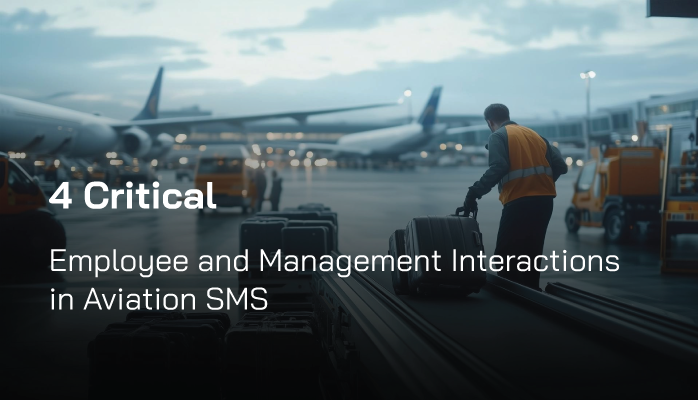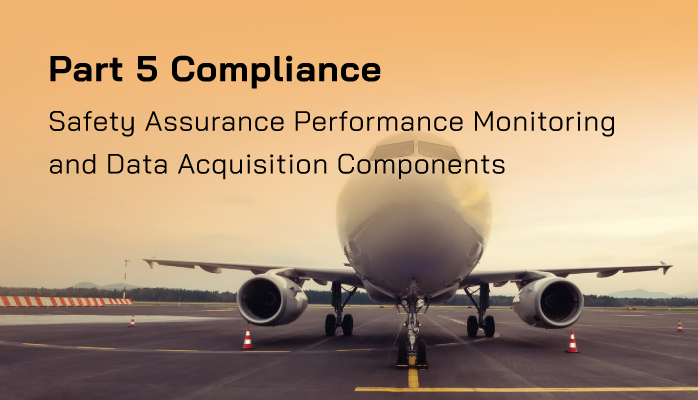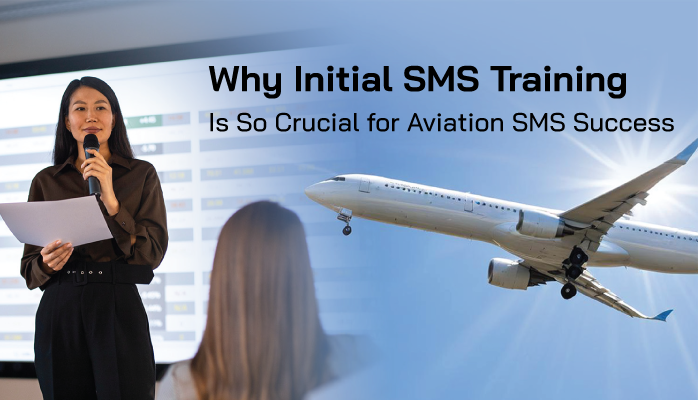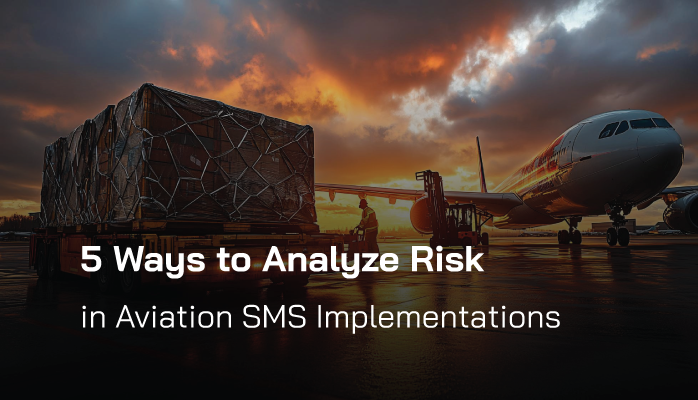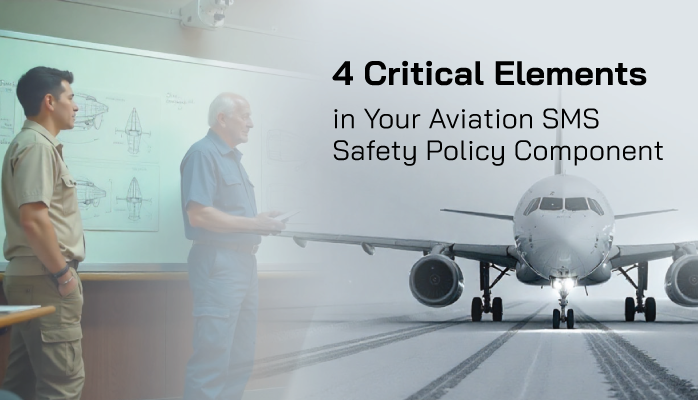Stu Martin
Stu Martin is an accomplished aerospace safety engineer with over 25 years of experience in the aviation industry. Beginning his career on the ramp, Stu developed a hands-on understanding of aircraft operations, maintenance, and safety protocols. His journey from ground operations to engineering has equipped him with a unique perspective on aviation safety, blending practical expertise with technical rigor. Stu has contributed to numerous safety initiatives, including the development of risk assessment frameworks and incident investigation protocols, earning recognition for his commitment to enhancing operational safety. A respected voice in the field, he continues to advocate for robust safety cultures within aviation organizations worldwide.
Aviation Safety Management Systems Are Defined by Interactions
Aviation safety management systems (SMS) need certain interactions or features within the system for it to be successful.
Interactions in aviation SMS always denote a relationship between two parts.
Read More
Topics:
3-Safety Assurance
Why Aviation SMS Audits Are Important
The objective of Aviation Safety Management Systems (SMS) is to:
- Proactively manage safety to reduce risk;
- Identify potential safety hazards;
Read More
Topics:
3-Safety Assurance
What Is Safety Assurance for FAA
Safety Assurance is designed to ensure that aviation service providers have the ability to manage safety risks effectively using a structured, prescribed approach to managing identified safety concerns.
The purpose of aviation safety management systems (SMS) is to provide operators with a "systematic approach to managing safety.
Read More
Topics:
3-Safety Assurance,
FAA Compliance
The Glamour of Aviation SMS Consulting
Aviation safety management systems (SMS) are viewed as complex systems comprised of multiple, interdependent subsystems. These subsystems include, but are not limited to:
- Safety reporting system;
- Risk management system;
Read More
Topics:
Aviation SMS Implementation
FAA Part 5 Safety Policy Documentation Compliance
FAA Part 5 compliance for Safety Policy is largely the concern of new aviation SMS implementations for Part 121 operators.
An aviation safety management system (SMS) is logically broken up into components and elements.
Read More
Topics:
1-Safety Policy
What Is Safety Transparency in Safety Management Systems
Safety transparency is a big deal in aviation safety management systems (SMS). On one hand, employees need protection from managerial reprisals and negative peer pressure when self-reporting errors and mistakes.
Read More
Topics:
4-Safety Promotion
Benefits of Aviation SMS for Flight Schools
Flight schools operate with many risky hazards every day.
Students are inexperienced, usually younger, and are new to technology and the hazards of flying.
Read More
Topics:
Aviation SMS Implementation
What Initial SMS Training Is, and How It’s Different
Since November 2006, most aviation service providers have been required to implement formal aviation safety management systems (SMS). In order to assure compliance, aviation SMS oversight is provided by:
- Regional civil aviation authorities;
- Standards setting bodies (IATA, IS-BAO, Flight Safety Foundation, etc.); and
Read More
Topics:
Risk Management Training
What Is Risk in Aviation SMS Implementations
Risk in aviation safety management systems (SMS) is a tricky subject. Not only is it treated differently in different organizations, but safety professionals tend to get up in arms in front of differing opinions.
Read More
Topics:
2-Safety Risk Management
Safety Policy Greatly Affects Safety Culture and Safety Performance
"Safety Policy" is a major asset for building an effective safety culture in aviation safety management systems (SMS). An aviation SMS is a complex system of interrelated components and elements,
Read More
Topics:
1-Safety Policy

